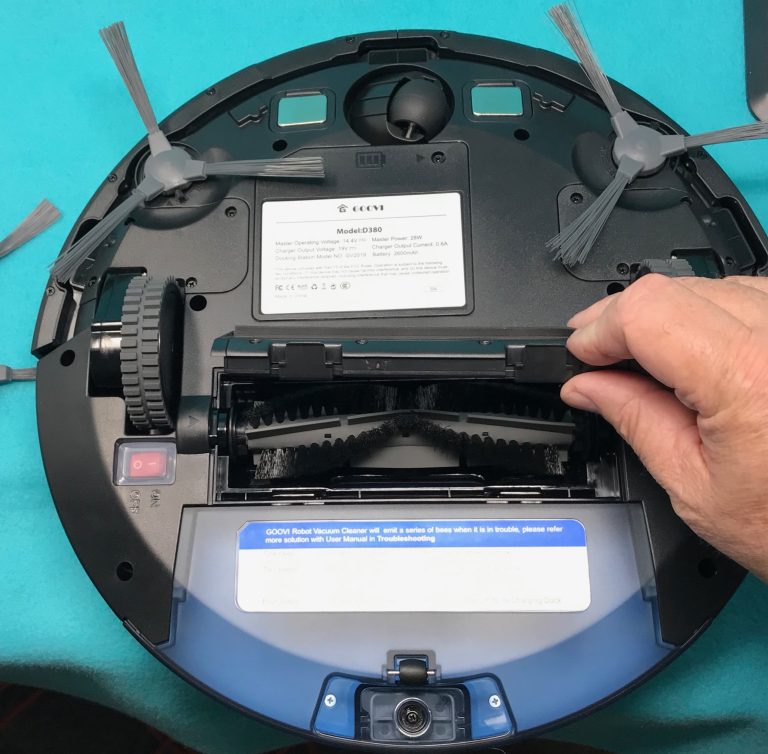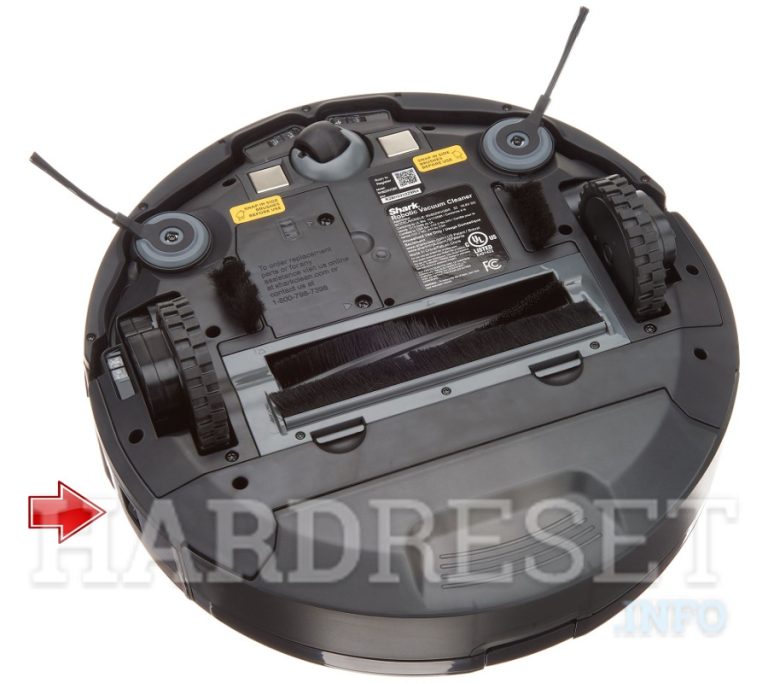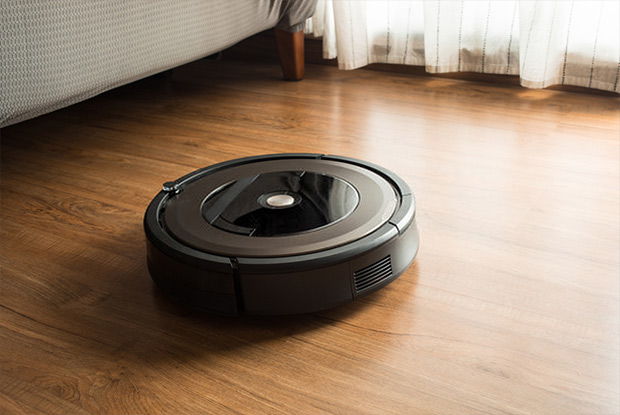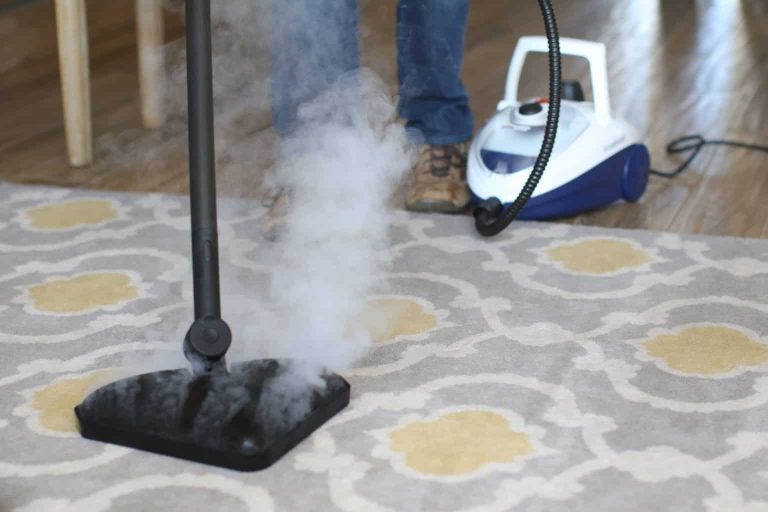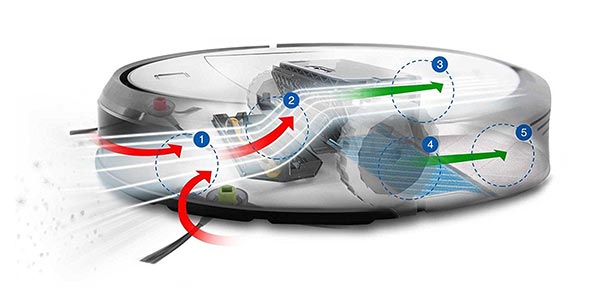Who Made the First Robot Vacuum?


The first robot vacuum was made by iRobot in 2002. The Roomba was a big hit, and other companies soon followed suit with their own versions of robotic vacuums. Today, there are many different brands and models of robot vacuums on the market to choose from.
Who made the first robot vacuum? This is a question that has been asked by many people over the years. There are a few different answers to this question, but the most likely answer is that it was created by a team of engineers at iRobot Corporation in 2002.
The original Roomba was designed to help people with their cleaning tasks around the home. It was originally intended to be used as a supplemental tool to traditional vacuums, and not as a replacement for them. However, over time, the Roomba has become increasingly popular and is now one of the most popular vacuum cleaners on the market.
While there is no definitive answer as to who made the first robot vacuum, it is clear that iRobot Corporation played a major role in its development and creation. The Roomba has helped change the way we clean our homes and has become an essential part of many people’s lives.
Best Robot Vacuum
Assuming you would like a blog post discussing the best robot vacuum on the market:
There are a lot of great robot vacuums on the market these days. It can be tough to decide which one is right for you and your home.
We’ve done the research to find the best robot vacuum for most people.
The iRobot Roomba 690 is our top pick because it offers features that are usually found only on more expensive models, including app control and support for virtual assistant voice commands. It also has very good cleaning performance and can automatically return to its charging base when it needs more power.
If you want a less expensive option, the Eufy RoboVac 11s is a good choice. It doesn’t have some of the bells and whistles of more expensive models, but it does a very good job of cleaning carpets and hard floors. Plus, at just $220, it’s much less expensive than most other robot vacuums.
Who Invented the Vacuum Robot?
Inventors have been working on robotic vacuum cleaners since the early 1900s. The first patent for a robotic vacuum cleaner was issued in 1960 to George Devol, an inventor who also created the first industrial robot. However, it wasn’t until 1996 that the first commercially available robotic vacuum cleaner hit store shelves.
The Roomba, created by iRobot, was a revolutionary product that made cleaning your floors much easier and less time-consuming. Since then, many other companies have followed suit and released their own versions of robotic vacuums.
Was Roomba the First Robot Vacuum?
No, Roomba was not the first robot vacuum. The first robot vacuum was created by Electrolux in 1997. However, Roomba did popularize the robot vacuum and is now the most well-known brand in the space.
Who Made the First Roomba?
The Roomba was invented by iRobot co-founder Colin Angle and his team in 2002. The original Roomba was cylindrical in shape and had a diameter of just over 13 inches. It was designed to clean floors using a set of rotating brushes that would sweep debris into a dustbin.
The Roomba could also navigate around furniture and other obstacles, and it could be programmed to clean at specific times or on a schedule.
When was the First Automatic Vacuum Made?
The first automatic vacuum was made in 1907 by James Spangler. He was issued a patent for his design, which used a fan to create suction. The vacuum cleaner was later improved upon by other inventors, and became a popular household appliance in the 1920s.
The Worlds FIRST Robot Vacuum WAS AMAZING – The Electrolux Trilobite
Conclusion
The first robot vacuum was created by two men, Dr. David Levy and Joseph Engelberger. Dr. Levy is a roboticist and Engelberger is an engineer. They created the machine in 1996 and it was called the Trilobite.
The Trilobite was a small, round machine that could vacuum floors and had sensors to avoid obstacles. It was not commercially successful, but it paved the way for other companies to create similar products. iRobot, for example, released the Roomba in 2002 and it has become one of the most popular robot vacuums on the market today.
